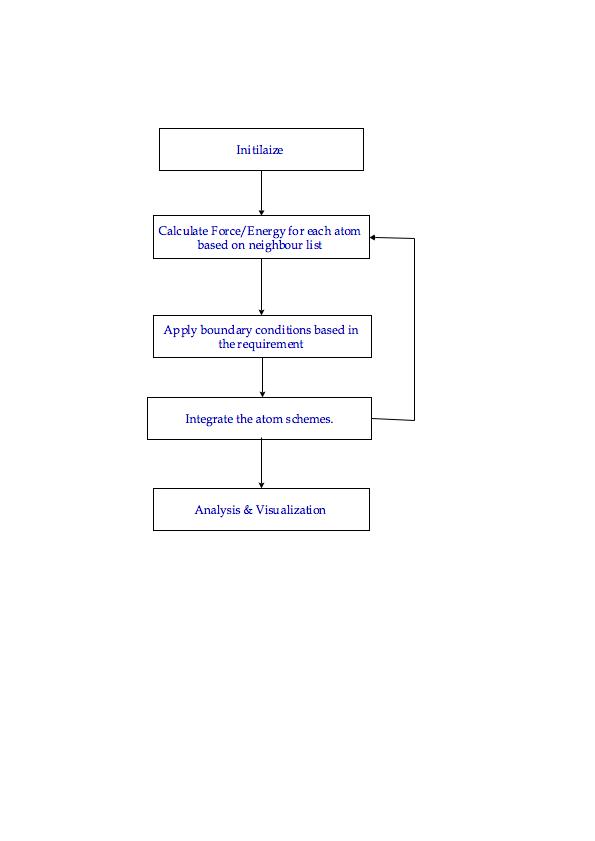CSC/ECE 506 Fall 2007/wiki2 3 pa: Difference between revisions
No edit summary |
No edit summary |
||
| Line 1: | Line 1: | ||
'''Topic: Parallelizing an application''' | |||
Pick another parallel application, not covered in the text, and less than 7 years old, and describe the various steps in parallelizing it (decomposition, assignment, orchestration, and mapping). You may use an example from the peer-reviewed literature, or a Web page. You do not have to go into great detail, but you should describe enough about these four stages to make the algorithm interesting. | Pick another parallel application, not covered in the text, and less than 7 years old, and describe the various steps in parallelizing it (decomposition, assignment, orchestration, and mapping). You may use an example from the peer-reviewed literature, or a Web page. You do not have to go into great detail, but you should describe enough about these four stages to make the algorithm interesting. | ||
Revision as of 02:02, 24 September 2007
Topic: Parallelizing an application
Pick another parallel application, not covered in the text, and less than 7 years old, and describe the various steps in parallelizing it (decomposition, assignment, orchestration, and mapping). You may use an example from the peer-reviewed literature, or a Web page. You do not have to go into great detail, but you should describe enough about these four stages to make the algorithm interesting.
LAMMPS Algorithm:
The LAMMPS(Large Scale Atomic/Molecular Massively Parallel System) algorithm is a classical molecular dynamics code developed at Sandia National Labs, New Mexico. This algorithm models the ensemble of particles in a solid, liquid or gaseous state.
Sequential Algorithm:
The initialization step sets up the various parameters for the atom like number of particles, initial velocity, temperature etc. This algorithm is performed for every atoms.

Decomposition & Assignment
The LAMMPS algorithm provides two levels of concurrency in a single time step just like the ocean problem.